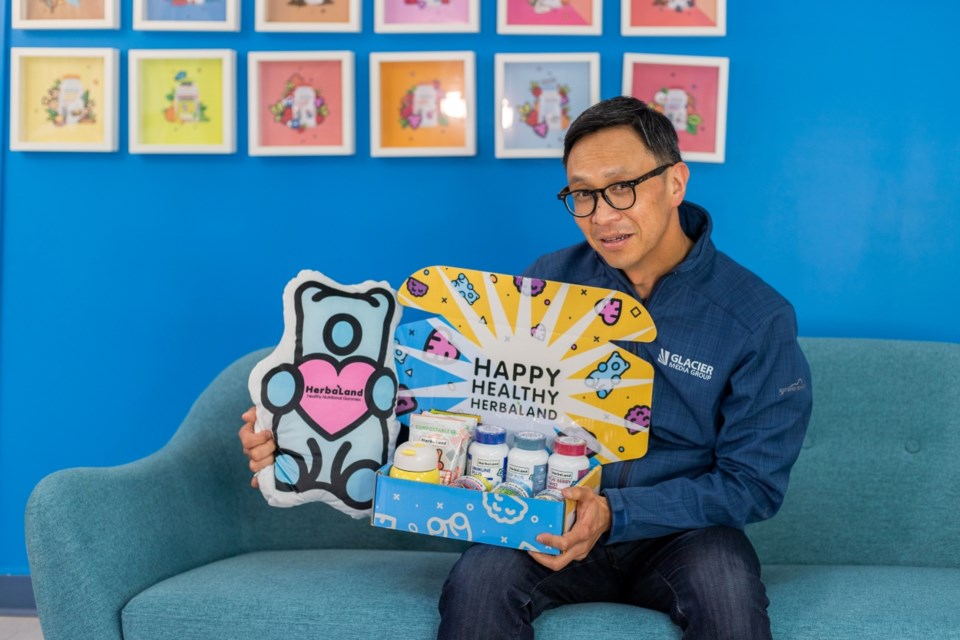It’s been referred to as an “echo pandemic — a wave of mental health crises following our justified freak-out over the COVID-19 pandemic.
Mental health experts have been warning about this echo since the beginning of April and, indeed, the eagle has landed.
Like the coronavirus itself, how this pandemic expresses itself varies widely person to person. Some may be asymptomatic: look fine, feel fine, think they’re fine, but are busily infecting others with stress and anxiety. (I’d probably put myself in that camp.)
Others are hit harder: not sleeping, feeling anxious, struggling to stay motivated to do the smallest of tasks. Others still are experiencing a full-blown meltdown, worthy of whatever the mental health equivalent is to a ventilator.
Moreover, none of these states are static, and the continuum is vast.
But while presentations may differ, it is hard to imagine anyone hasn’t been mentally and emotionally impacted by COVID-19 to some degree.
When our publisher came up with the idea of doing a special section on mental wellness for this paper, we weren’t sure exactly who would buy into it; we would have considered it a success if we ended up with, say, an eight-page section.
Well, just about everyone bought into it and we this week published in print an 18-page section (see stories popping up here today and over next few days) — and it probably could have been bigger.
People are on to this.
Governments at all levels, as well as agencies who work in this field, are stepping up with online counselling, Zoom support groups and mental-health “tool kits.” And then there’s the host of free mindfulness and meditation apps out there.
A lot of these services/features may have already existed, but what we’re seeing is a concerted effort to push them out and an even greater willingness to take them in.
Even businesses and organizations whose mission statements have nothing to do with mental health seem well aware they have an important role to play in helping keep the community on a path to wellness.
So, what’s this got to do with the Great Depression?
Obviously, I wasn’t around in the 1930s — yes, obviously...quiet you.
However, my parents were both born in 1927 and have talked about how poverty was seen differently back then, because everyone was poor — and if they weren’t, it was largely thanks to a trick of fate.
In other words, what was missing was stigma.
People understood unique circumstances were impacting their lives. And while personal agency mattered, an individual’s lack of employment wasn’t simply, “their own damn fault.”
It’s that freedom from stigma regarding mental health that we’re seeing right now — and it’s a beautiful thing.
When we reduce stigma we reduce barriers to healing. We enable people to talk, seek help and feel so much less alone.
As we move through this “echo pandemic” my hope is we do so with reflection and attention so that, long after a COVID-19 vaccine is found, we will have gained insights into the role of stigma and a genuine understanding of how entirely unhelpful it is to recovery.



